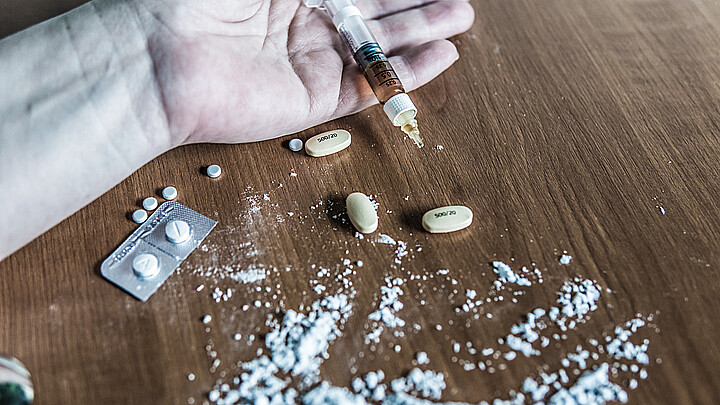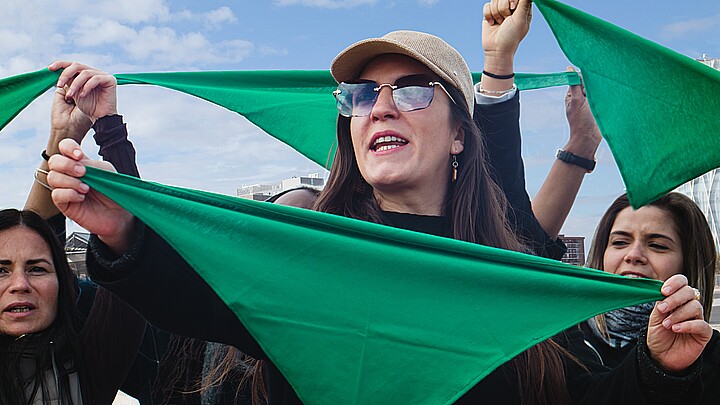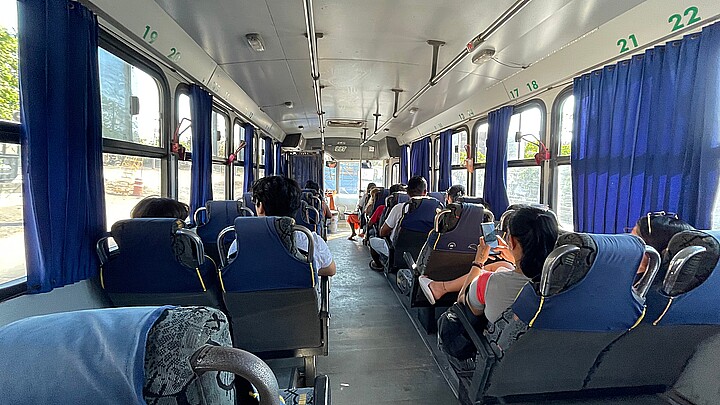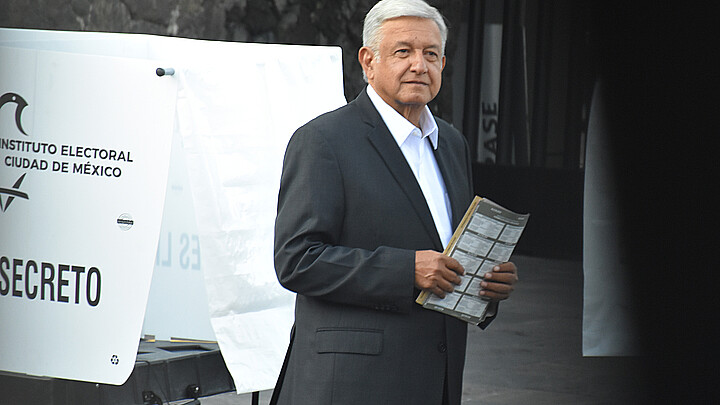Health
Mexico develops COVID-19 vaccine, years after vaccines became available elsewhere
The government said the vaccine will be widely available to the public between late 2022 and 2023

May 4, 2023 6:55am
Updated: May 4, 2023 6:55am
The Mexican government on Wednesday announced that the country had successfully developed its own vaccine against COVID-19, almost two years after vaccines became widely available.
The vaccine, called “Patria” or “Motherland” was developed as a joint effort between the Mexican government and Avimex, a national company that has worked on animal vaccines in the past. The government said the vaccine will be widely available to the public between late 2022 and 2023.
According to the head of Mexico’s government commission for Science and technology, Maria Elena Alvarez-Buyulla, the vaccine could be used as a booster shot.
It is still unclear whether the vaccine has been approved by the country’s medical approval agency.
However, according to the director of the National Council of Science and Technology, the vaccine meets the criteria established by the World Health Organization (WHO), as well as the "highest regulatory and scientific standards."
Critics, however, are unclear of what use launching a vaccine this late into the game could be, as fears about the coronavirus continue to wane and the strains that were used to develop the vaccine have become old.
The government began developing Patria in March 2020, during the height of the COVID-19 pandemic to make Mexico self-reliant in certain industries.
Without being able to get the development right, however, Mexico ended up importing millions of doses of Astra-Zeneca and Pfizer to vaccinate its population. Additionally, the Mexican government bought 9 million doses of the Cuban-made Abdala vaccine in September 2022, to combat new strains of the variants.
Patria was approved as an intramuscular vaccine, yet there are also preliminary clinical trials for a nasal application, the results of which in the first phases have been "very promising."
President Andrés Manuel López Obrador celebrated the announcement, saying that "we already have the Patria vaccine" and highlighting the positive results of the tests, before the possible authorization and subsequent manufacture of the necessary doses.










